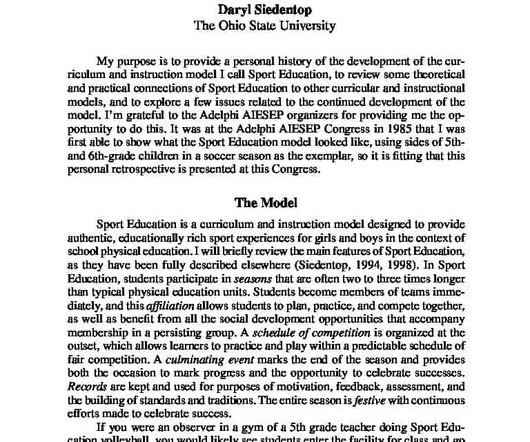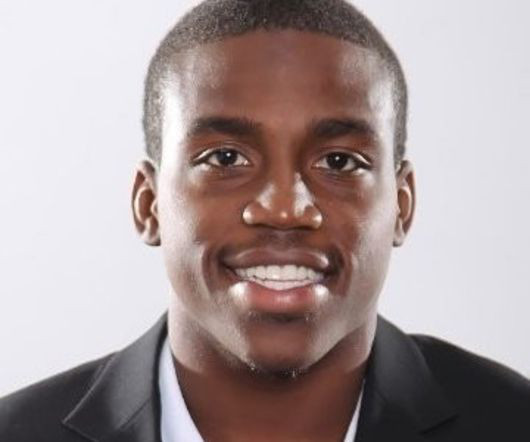The Relentless School Nurse: “Voices from the Frontline” – School Nurses, Share Your Stories on the Impact of Medicaid Cuts on Student Health
Relentless School Nurse
FEBRUARY 27, 2025
CHC: Creating Healthier Communities (CHC) is inviting school nurses to collaborate with them on an important initiative a storytelling series that they hope will inspire action to protect and strengthen Medicaid at this critical time. CHC is deeply concerned about proposed Medicaid cuts that could jeopardize the health of millions of Americans, especially children.












Let's personalize your content